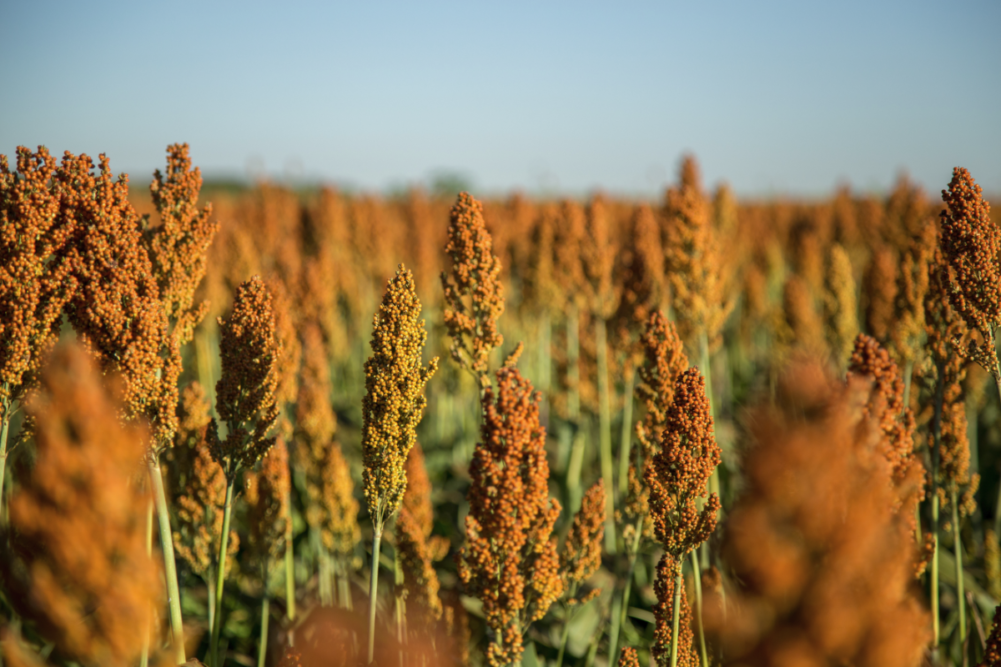WASHINGTON, DC, US — The Foundation for Food & Agriculture Research (FFAR) is providing a $846,991 Seeding Solutions grant to Clemson University to study sorghum plant properties that enhance beneficial compounds in commercial sorghum while preserving the crop’s dual use as animal feed. Matching funds were provided by Clemson University and Carolina Seed Systems, Inc. for a total $1.72 million investment.
Sorghum is a staple cereal grain crop that provides numerous health benefits for humans, pets and livestock. Specific compounds — polyphenols and tannins — are found in certain sorghum varieties and hybrids that offer health benefits for humans but also can produce negative effects for animals when used in feed.
Dr. Jeffrey Rosichan, director of FFAR Crops of the Future Collaborative, said the research is especially important as sorghum is a climate resilient crop that could boost crop diversity to strengthen the global food supply, and increased sorghum consumption would open economic opportunities for US growers.
The United States is the world’s largest producer of grain sorghum, having harvested 373 million bushels in 2020, according to the US Department of Agriculture. Feed used 97 million bushels, and exports reached 279 million bushels.
“Sorghum is a productive crop that has the genetic capabilities to be a nutritional powerhouse,” Rosichan said. “It is resilient to climate change and can be grown with fewer inputs, saving farmers money. By investigating the sources of sorghum’s health benefits, this research will unlock the crop’s full potential.”
Clemson University researchers, led by plant breeder Dr. Richard Boyles, are assessing specific substances present in the grain that have beneficial health properties for people and do not cause negative outcomes for animals. Once identified, the researchers will use non-GMO breeding methods to develop new sorghum hybrids that have these value-added properties. The final step will be to measure impacts of the enhanced grain sorghum hybrids on poultry growth, as well as their capability to reduce harmful diseases within the poultry gut.
“Spanning across plant breeding and genetics to animal sciences, this interdisciplinary project will use sound science and product development to create a more sustainable and prosperous US grain and protein market,” Boyles said. “Once we fully understand what and how plant-based metabolites are conferring health benefits, we can optimize their concentrations and availability through molecular breeding. This objective will run in unison with ongoing efforts to increase sorghum grain yield and stress resilience.”
Boyles also said this research will help establish sorghum as an important tool in meeting the demand for nutritious, affordable, as well as sustainable food and feed.
The FFAR builds public-private partnerships to fund research addressing big food and agriculture challenges. The FFAR was established in the 2014 farm bill to increase public agriculture research investments, fill knowledge gaps and complement the USDA’s research agenda.






